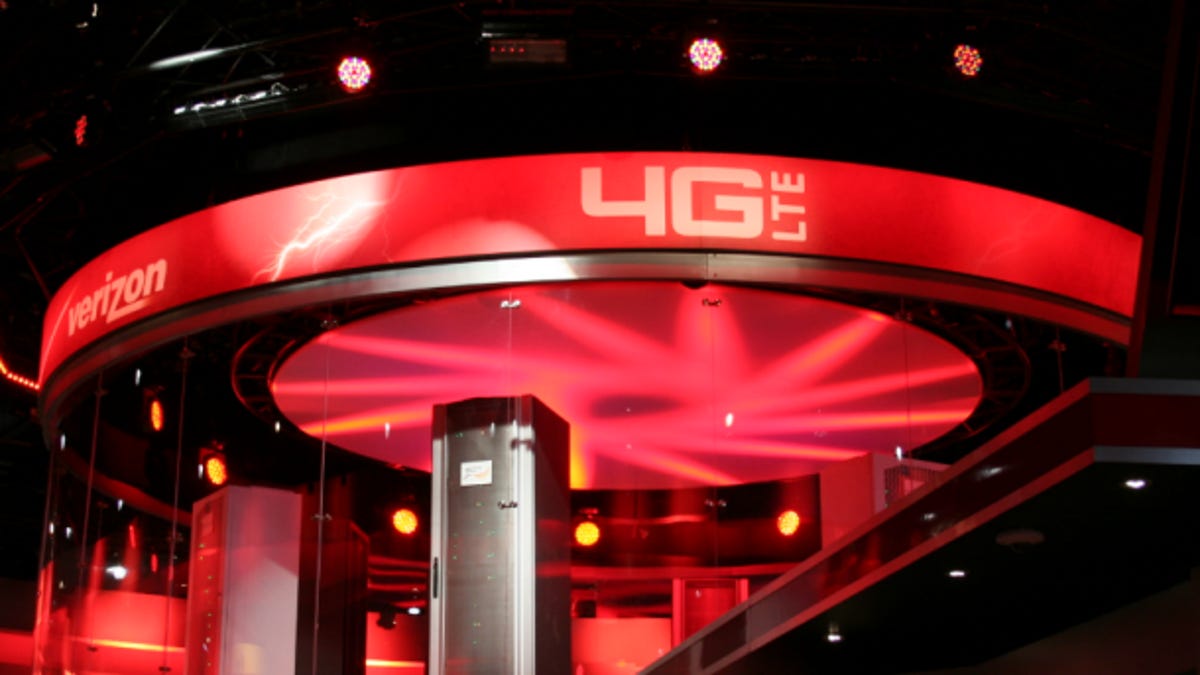Verizon, T-Mobile swap spectrum for mutual LTE growth
The Big Four's largest and smallest carriers strike a deal for AWS spectrum as the battle for 4G supremacy heats up.

Verizon Wireless and T-Mobile USA may seem an unlikely duo, but the largest and smallest of the Big Four carriers are coming together, just this once. The two have inked a deal to exchange spectrum in the AWS band, a stepping stone for both in their mutual quest for LTE network growth.
As part of the deal, which covers licenses for 218 markets, T-Mobile will get a boost in future holdings in 15 of the nation's top 25 markets. If the deal goes through, T-Mobile's spectrum gain will cover 60 million people in key cities like Philadelphia, Washington D.C., Detroit, Minneapolis, Seattle, Cleveland, OH. and Charlotte, NC.
For its part, Verizon will walk away with spectrum covering 22 million people, plus some cold, hard cash. More importantly, Big Red hopes that it'll have shed enough of its spectrum to push through its pending deal with cable companies.
Both T-Mobile and Verizon say that the transfer of the specific bands will help each one fix an AWS problem, in part by giving each larger stacks of continuous spectrum to work with.
Verizon and T-Mobile aren't disclosing financial terms.
"The AWS licenses we'll acquire from T-Mobile and through SpectrumCo, Cox and Leap will be used to add capacity to our 4G LTE network," Verizon's president and CEO of Verizon Wireless, Dan Mead, said in a statement.
At this stage, the plan is more an intention than a done deal, since Verizon's go-ahead is contingent upon transactions already in the works with Cox, Leap, and SpectrumCo. In addition, the FCC will have to sign off on the transaction later this summer for it to proceed apace.
Verizon leads the LTE network race by a long shot in terms of coverage and strength, but is leaning hard on deals with cable partners to sustain its rapid growth and supply customers with a steady stream of ultrafast bandwidth.
T-Mobile, on the other hand, has yet to launch its first LTE market. Pending regulatory approval, the spectrum deal with Verizon, along with its $4 billion commitment to building out its 4G network, is a critical stepping stone to finally kicking off LTE in 2013.

